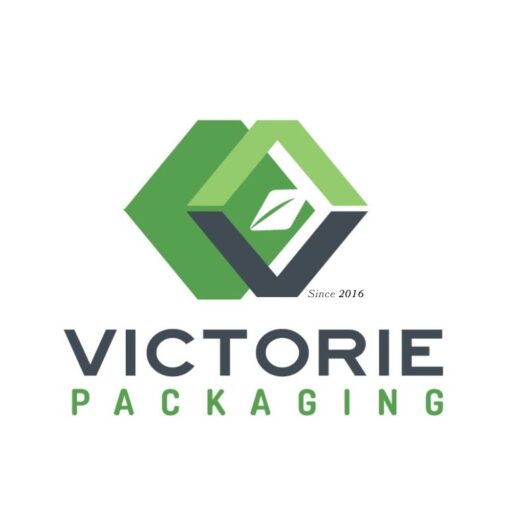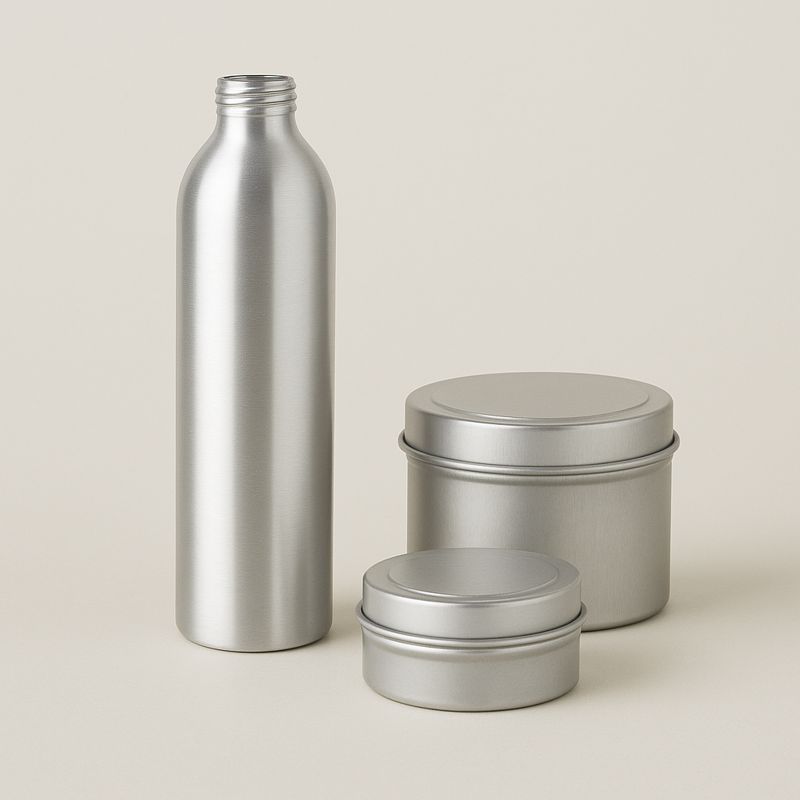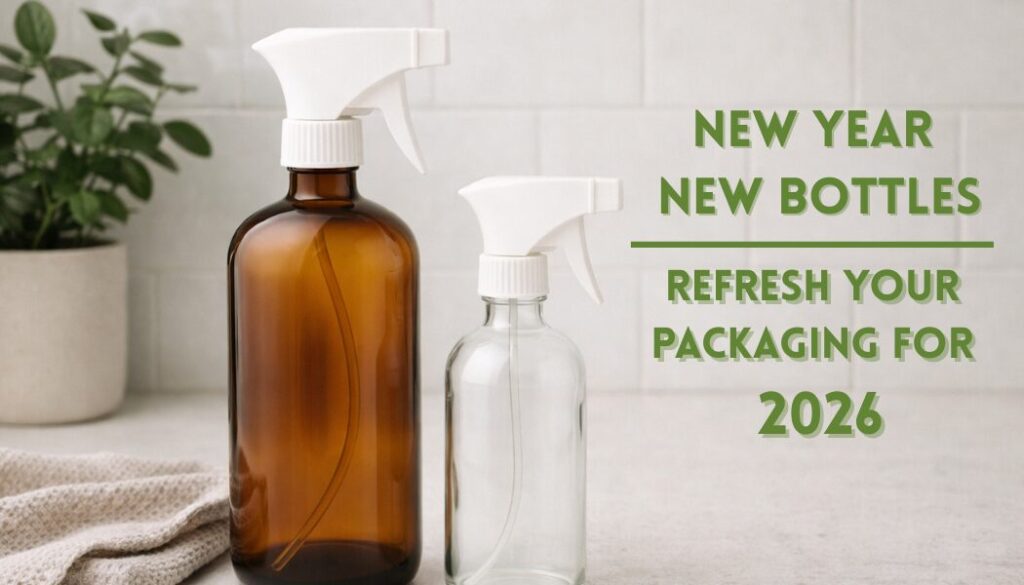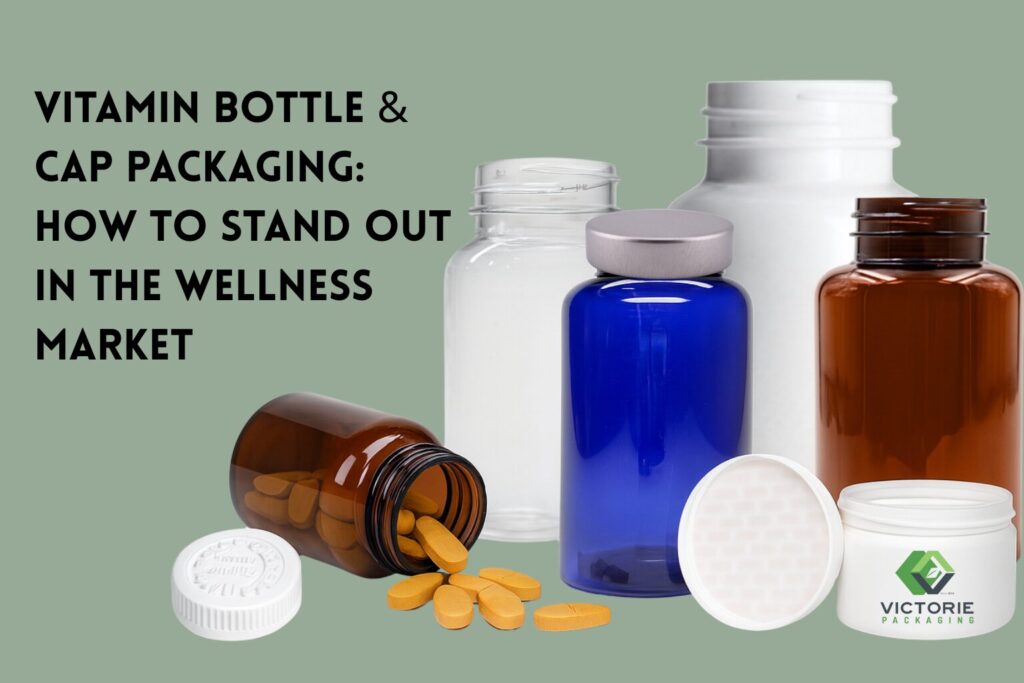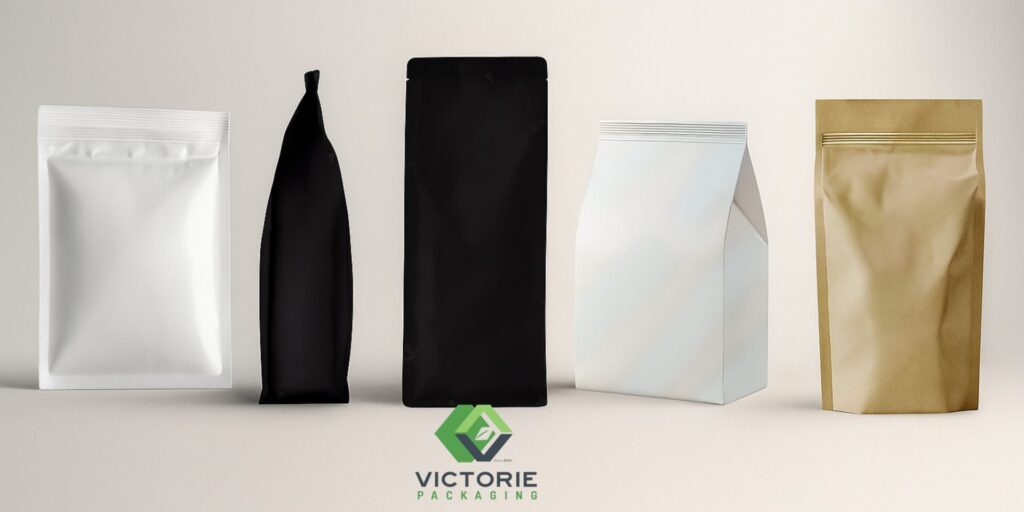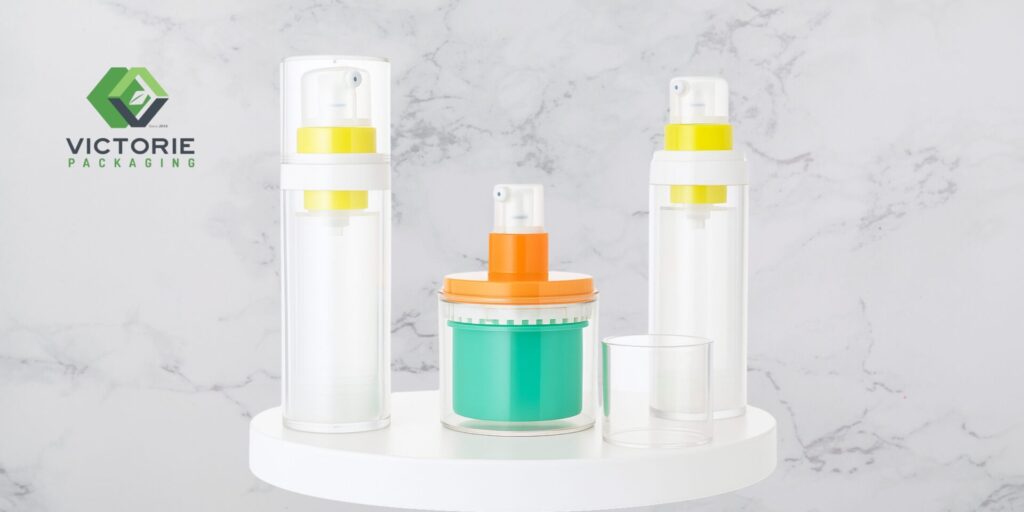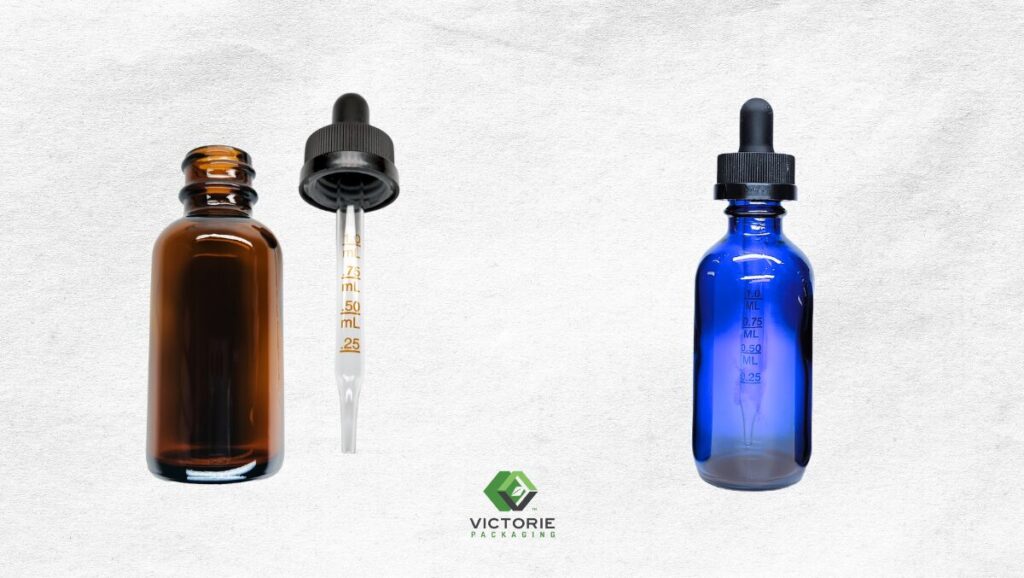
Concern around packaging waste overflowing in landfills and the ocean has businesses recognizing the importance of transitioning to eco-conscious alternatives for their products. The demand for sustainable packaging options that cause less harm to the environment has risen as a result. Sustainable packaging refers to the use of eco-friendly materials to store products. Materials that are used then restored back to their original state for reproduction and redistribution are key when it comes to sustainable materials. Glass, recycled PET plastic, and aluminum all fit into that category.
More eco-friendly options are becoming available as the packaging industry continues to innovate. As companies commit to sustainable practices, they combat environmental challenges and foster a greener future and healthier planet. Let’s delve into what sustainable materials businesses are using for primary packaging purposes, and thing’s to consider when choosing yours.
Common Sustainable Materials for Packaging
Glass: Glass is highly recyclable and it keeps its quality and purity when reproduced or reused. Natural and abundant raw materials, like sand and limestone, that are readily available and refrain from depleting natural resources create glass.

Metal: Metals are known for their durability and longevity. Many industries use non-toxic and safe metals, like aluminum, for primary packaging purposes. Recycling metal can take significantly less energy than producing new metals. This conservation of energy is another reason why metals are a growing sustainable packaging option.

Paper: Primarily derived from trees, paper is biodegradable and highly recyclable, reducing its environmental impact. Paper is also relatively lightweight compared to traditional packaging options. This lowers transportation-related costs and leaves a smaller carbon footprint.
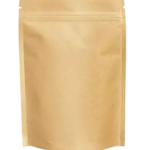
Bamboo: Bamboo is one of the fastest growing plants on Earth. Their rapid growth rate makes them highly renewable and can typically be regrown within 3-5 years. The production of bamboo does not involve any chemicals, significantly reducing the environmental impact of this biodegradable material.

Things to Consider When Choosing Sustainable Materials
As awareness around the environmental challenges we face grows, it’s important to make conscious choices that limit the environmental footprint left behind by companies. However, there are important considerations to keep in mind when deciding on eco-friendly alternatives.
Your Current Materials: Look at the materials you currently use to store products and see if there’s an opportunity for improvement. Going with materials that are recyclable, biodegradable, compostable, or made up of recycled contents will have a lower environmental impact and help cut down on packaging waste.
Buying in Bulk: Buying in bulk from wholesale packaging providers like Victorie Packaging reduces the price per unit, helping you save on your sustainable packaging products. Large orders also help with shipping costs and leave behind a smaller carbon footprint. Additionally, packing efficiently into transportation vehicles reduces the number of trips and gas emissions.
Consumer Perception: Just like businesses, consumers are becoming increasingly aware of the environmental impact certain materials can have. Companies should consider how consumers perceive the sustainability of their packaging. Sustainable materials can boost brand image and attract eco-conscious customers.
Moving Forward with Sustainable Packaging
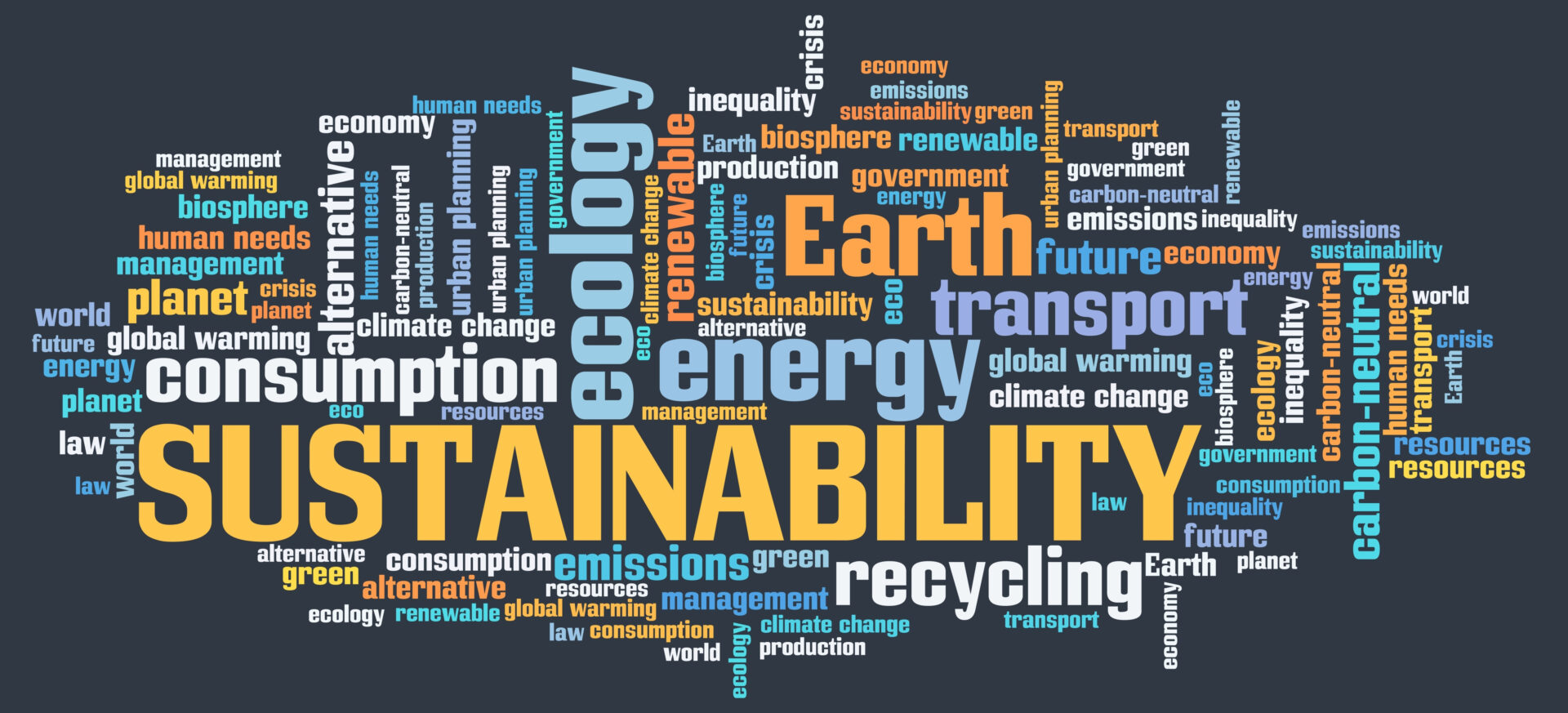
Governments around the world provide benefits to companies who use sustainable materials while some are imposing taxes on more non-eco-friendly options. There’s tax emptions for businesses using compostable packaging in Ireland, Italy, and Japan. Meanwhile, in April of 2022, the UK rolled out its plastic packaging tax. It encourages sustainable practices by taxing plastic packaging containing less than 30% of recycled material. It applies to plastics manufactured in or imported to the UK. As the demand for sustainable packaging continues to rise, it’s possible more governmental bodies follow the blueprint set forth by the UK and other countries.
Over the next ten years, flexible packaging, paper packaging, and recycled packaging content are expected to be the most in-demand packaging types. Businesses around the globe are coming around to the fact that sustainable packaging methods are necessary for a healthy environment and can have a positive affect across the entire supply chain. The future of packaging is undeniably green, and businesses should aim to be at the forefront of the transformative journey.
Reach out to us today to discover how we can help you on your business’s path towards a more environmentally friendly future.
